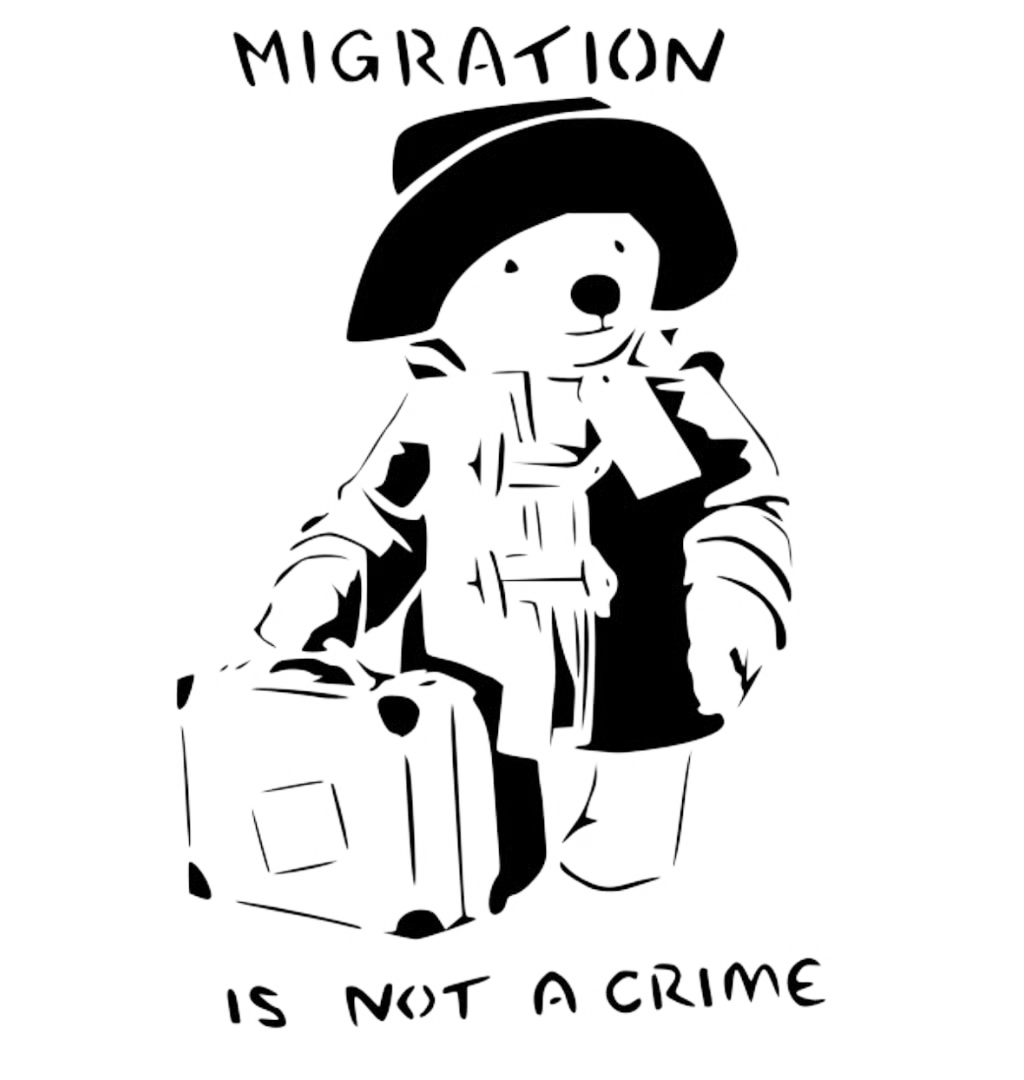Immigration Evaluations
An immigration assessment is a specialized psychological evaluation used to document the psychological and emotional effects of migration, persecution, separation, or trauma. This assessment produces a formal report that can support legal claims such as asylum, waivers, economic hardship cases, or other immigration applications.
Who can benefit?
Asylum seekers or refugees
Applicants for waivers or hardship petitions
Survivors of violence, persecution, or trauma in home country
Individuals undergoing family separation or deportation
Dreamers / undocumented individuals seeking legal support

Types of Immigration Evaluations
Every story is unique. Each evaluation is designed to reflect your journey and support your legal case with credibility and compassion.
Extreme Hardship Waiver
Shows the emotional and psychological impact a U.S. citizen or resident would face if a loved one were deported.
VAWA (Violence Against Women Act)
Supports survivors of domestic violence in demonstrating the lasting psychological effects of abuse.
U-Visa (Victims of Crime)
Provides documentation of trauma for individuals who have survived crimes and are cooperating with law enforcement.
T-Visa (Victims of Human Trafficking)
Highlights the psychological consequences of trafficking, helping survivors seek safety and legal relief.
Political Asylum
Documents persecution, threats, or trauma experienced in one’s home country to support asylum claims.
Cancellation of Removal
Demonstrates the emotional and psychological toll that deportation would cause on an individual and their family.
Spousal Abuse / Domestic Violence
Focuses on the mental health impact of abuse within intimate relationships, supporting related immigration petitions.
Other Immigration-Related Evaluations
Tailored assessments for unique or complex cases, ensuring every individual’s story is represented with care.
How it works: Our process
Initial Contact & Appointment
-
Schedule your evaluation easily through our online form or by phone.
-
Get clear instructions on what documents and information you’ll need to bring.
Comprehensive Clinical Interview
-
Meet with a licensed bilingual/bicultural clinician.
-
Share your story in a safe, supportive environment.
- We focus on the psychological, emotional, and cultural factors relevant to your case.
In-Depth Analysis & Report Preparation
-
We carefully review your interview, history, and supporting documentation.
-
A detailed psychological evaluation report is drafted with strong clinical insights tailored to your immigration case.
Delivery of the Final Report
-
You receive the finalized evaluation, ready for submission to your attorney or directly to USCIS.
-
We ensure accuracy, clarity, and cultural sensitivity in every report.
Start your evaluation today
Access culturally responsive evaluations in person or via telehealth. Contact me to for a free 15min consultation to discuss your situation, prices, and availability




